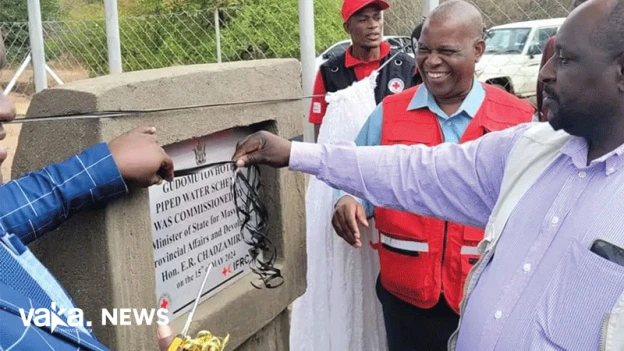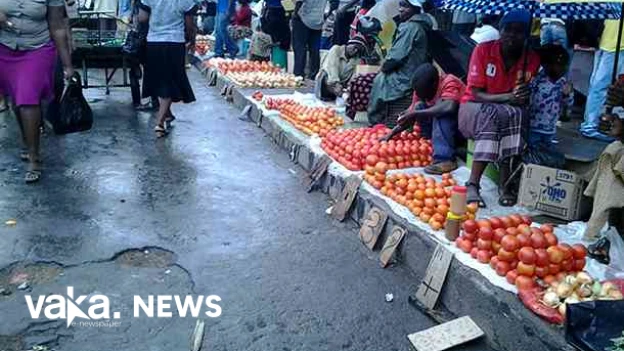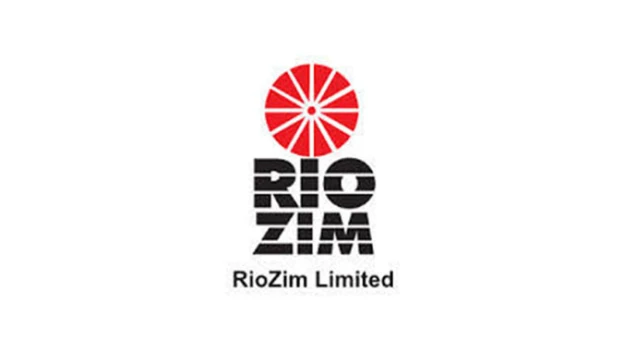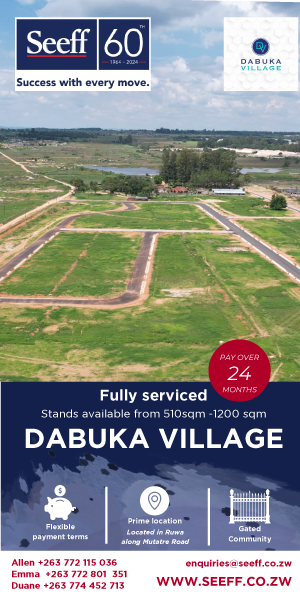Major water crisis looms in urban areas: Zinwa
- Category: General

- By Dion Kajokoto
The Zimbabwe National Water Authority (Zinwa) has warned of acute water shortages in metropolitan areas, including growth sites, due to the El Niño-induced drought.
El Niño is producing drought, floods, and torrential rainfall in the sub-Saharan region, particularly in southern Africa and east Africa.
President Emmerson Mnangagwa has subsequently declared the drought a state of national catastrophe, stating the government needed at least US$2 billion to help food-insecure families.
According to a United Nations Children's Fund report released earlier this year, 860 757 Zimbabweans do not have access to safe drinking water, and 17% of households must travel significant distances to get water for their daily requirements.
In a statement issued yesterday, Zinwa spokesperson Marjorie Munyonga stated that Zimbabwe's water security situation is projected to deteriorate further this year.
The present El Niño-induced drought is negatively impacting water security in cities, towns, growth hubs, and rural service centers across the country.
"As of May 2, 2024, the number of towns, growth points and rural service centres whose raw water sources held less than 12 months of supply had risen from 12,8% on April 25, 2024 to 14,9%," she stated.
Munyonga stated that the share of towns, cities, growth points, and rural service centers in the moderate category, with raw water supplies that can endure between 12 months and 20.9% of current demand, was 38.3%.
"46.8% of towns, cities, growth sites, and rural service centers are water secure, and their raw water sources meet the 21-month criteria.
Bulawayo, Mvurwi, Mt Darwin, Figtree, Gwanda, and Chegutu were among the towns and centres with raw water sources that had less than a year's supply and would require immediate interventions like as borehole drilling and the discovery of alternative raw water sources.
"Mutare, Kwekwe, Beitbridge, Karoi, Chipinge, Shurugwi, Murehwa, Sadza, Hwedza and Insukamini are among centres in the moderate category and with raw water sources capable of lasting between 12 months and 20,9 months at current demand."
Munyonga, on the other hand, emphasized that water-secure centres include Harare, Concession, Inyati, Nzvimbo, Mutawatawa, Mashava, Zvishavane, Mberengwa, Bikita, Zaka, Gweru, Kadoma, Plumtree, and Chinhoyi.
She hoped, however, that things would improve by the end of the year, when the next rainy season began.
"The 21-month rule states that after the completion of the rain season on March 31 of the year, there should be enough water to last for a period of 21 months at present demand, even if there are no further inflows.
"Zinwa will keep closely monitoring water demand and abstraction in all the centres that cannot satisfy the 21-month rule and implement interventions as the need arises," said Munyonga.






